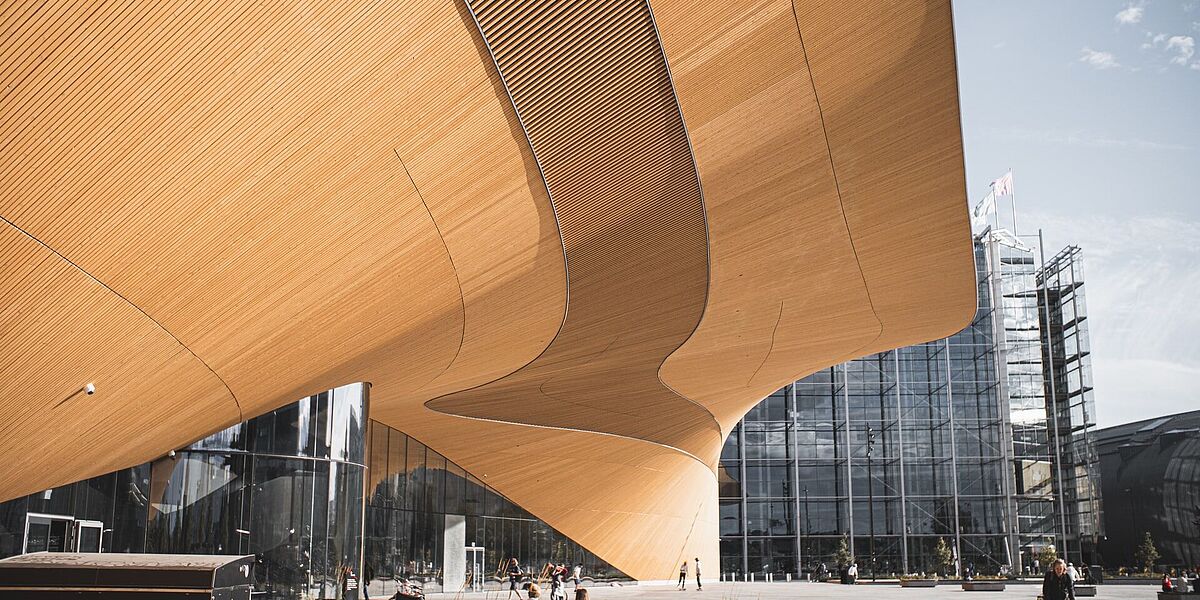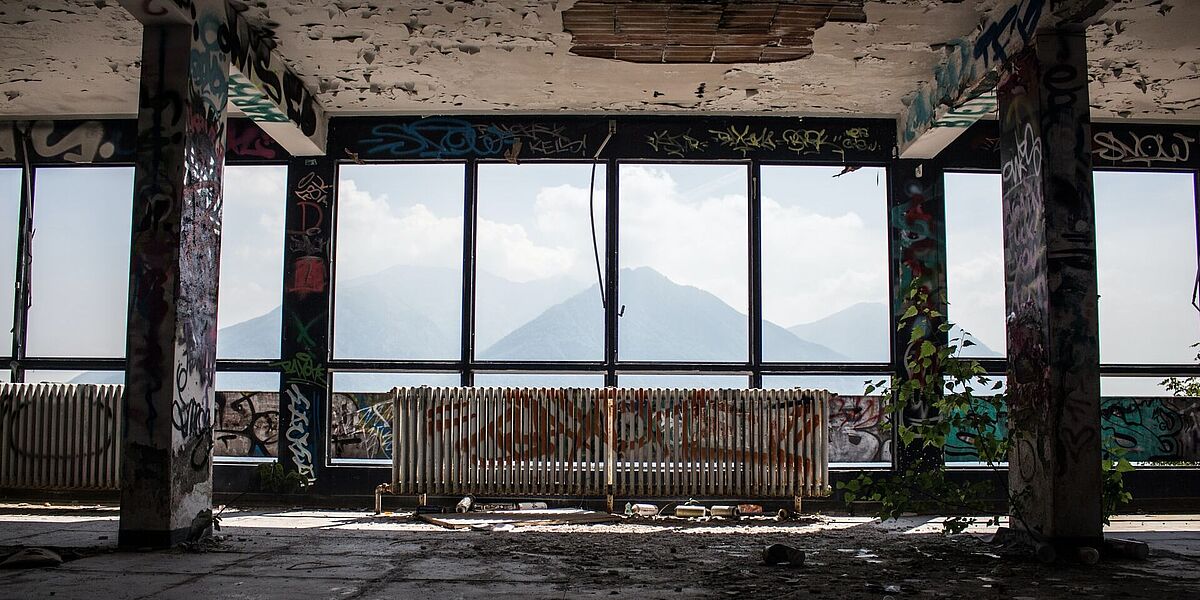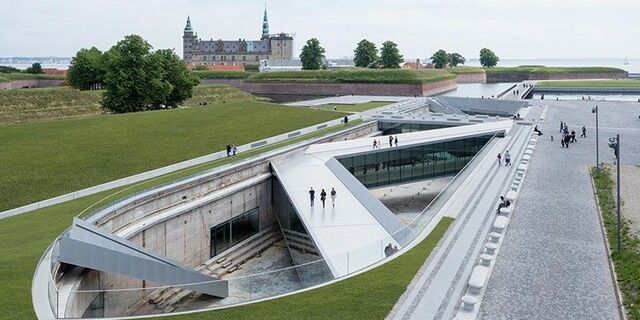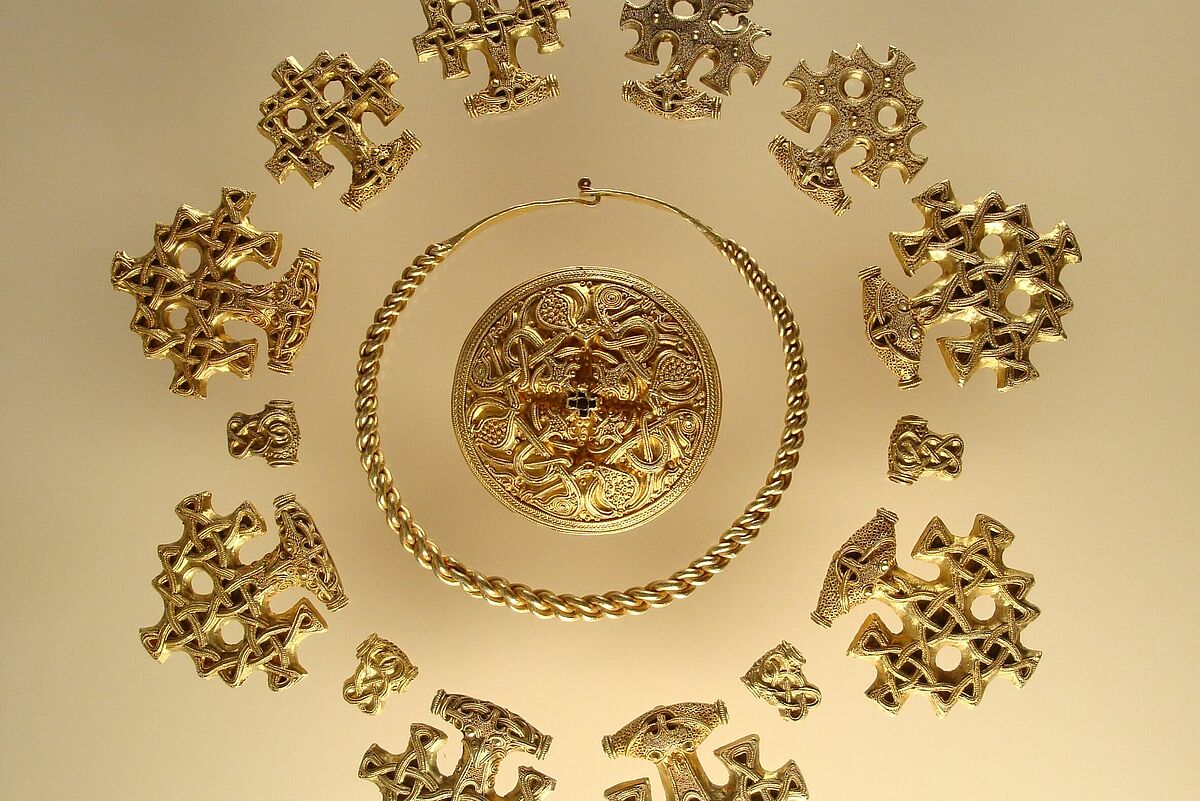Shared Heritage: Canonisation, Conflicted Legacies, Cultural Landscapes and Presentation of Cultural Heritage in the Baltic Sea Region
Speaker: Prof. Dr. Gesa zur Nieden, Prof. Dr. Eckhard Schumacher
Disciplines involved: History, Art History, Musicology, German Studies, Theology, Law
Canonisation, Conflictual Heritage, Cultural Landscapes and Presentation of Cultural Heritage in the Baltic Sea Region
Cultural heritage is collectively determined and offers crucial points of departure for the examination of cultural concepts, identities, and constructions of history. Current political, socio-cultural, ecological, economic and media transformation processes entail far-reaching consequences for its concept. It can be seen, for example, in the Faro Convention of the Council of Europe (2005) or the Manifesto 2012 formulated by Critical Heritage Studies, in which cultural heritage is no longer determined nationally, but by different heritage communities. At the same time, debates about how to deal with objects from colonial contexts in museums in the global North trigger new understandings. Accordingly, the concept of cultural heritage is plural and diverse, both identity-forming as well as conflicting, exclusive, and participatory.
Therefore, our leading hypothesis is that we have to understand institutionalisation and contouring of cultural heritage as intersection of erratically transformation processes shaped by a permanent tension between tradition and innovation, persistent and change that lead to a new concept of cultural heritage. In this respect, cultural heritage is subject to continuous change determined by specific intertwined social, cultural, economic, and artistic dynamics and drivers. The concept of shared heritage serves as an approach to focus on what is common, what is shared, and thus on the ambiguous influences on the construction of heritage. In this context, the shared is understood also in terms of a material and medial process of splitting and decay that results from the oscillation between practices of preservation and dynamics of cultural production.
Therefore, we examine which the ways cultural heritage is being currently transformed as practice and artifact, and also as a notion, and, moreover, how this affects its understanding, or, acceptance, as well as its potential realignments for future generations.
The focus is set on four areas in which current transformations of cultural heritage in the Baltic Sea region are particularly evident:
Selected Activities
IMAGINATIONS OF FOREST LANDSCAPES IN CHANGE
Event/ Operatic Canon / Cultural Landscapes / Peatlands
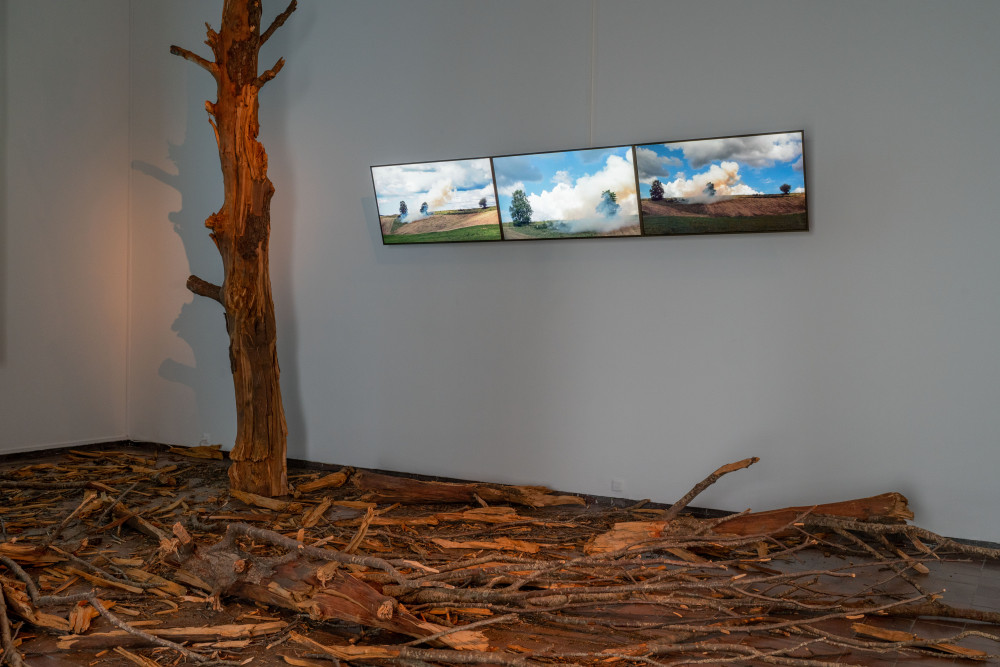
Panel on the IFZO Annual Conference Baltic Sea in Exchange. Transformations between Conflict and Cooperation, 7–9 July 2022
Forests have always been a realm of ongoing change. However, the question remains what is our idea of the forest beyond the demands for its protection and apart from its use as natural resource in the Baltic Sea Region? more
Uncomfortable Heritage in the Baltic Sea Region and beyond: From Negotiation to Re-interpretation
Spring School, 10th–15th March 2024, International Centre for Interdisciplinary Studies of the University Szczecin, Kulice
The Spring School, organized by the IFZO Shared Heritage project (Antje Kempe), University of Szczecin, MOBI (Jörg Hackmann), TU Berlin (Stephanie Herold), Estonian Academy of Arts, Tallinn (Kristina Jõekalda), and European University Viadrina, Frankfurt/Oder (Paul Zalewski), is focusing on the notion of uncomfortable heritage, by which we mean monuments, objects, and sites whose status has become uncertain and contested due to political upheavals and political, cultural, or social transformation processes. This could sometimes even mean that monuments that were previously seen as heritage are excluded from that category. Scrutinizing these categories will provide a productive approach to discuss concepts and practices of heritage. Uncomfortable or unwanted heritage is thereby perceived not only as a reverse side of common heritage practices but also as an expression of the re-semanticization of memory cultures, as demonstrated by Aleida Assmann’s nine techniques of disremembering (delete, cover up, hide, silence, overwrite, ignore, neutralize, deny, lose). more

